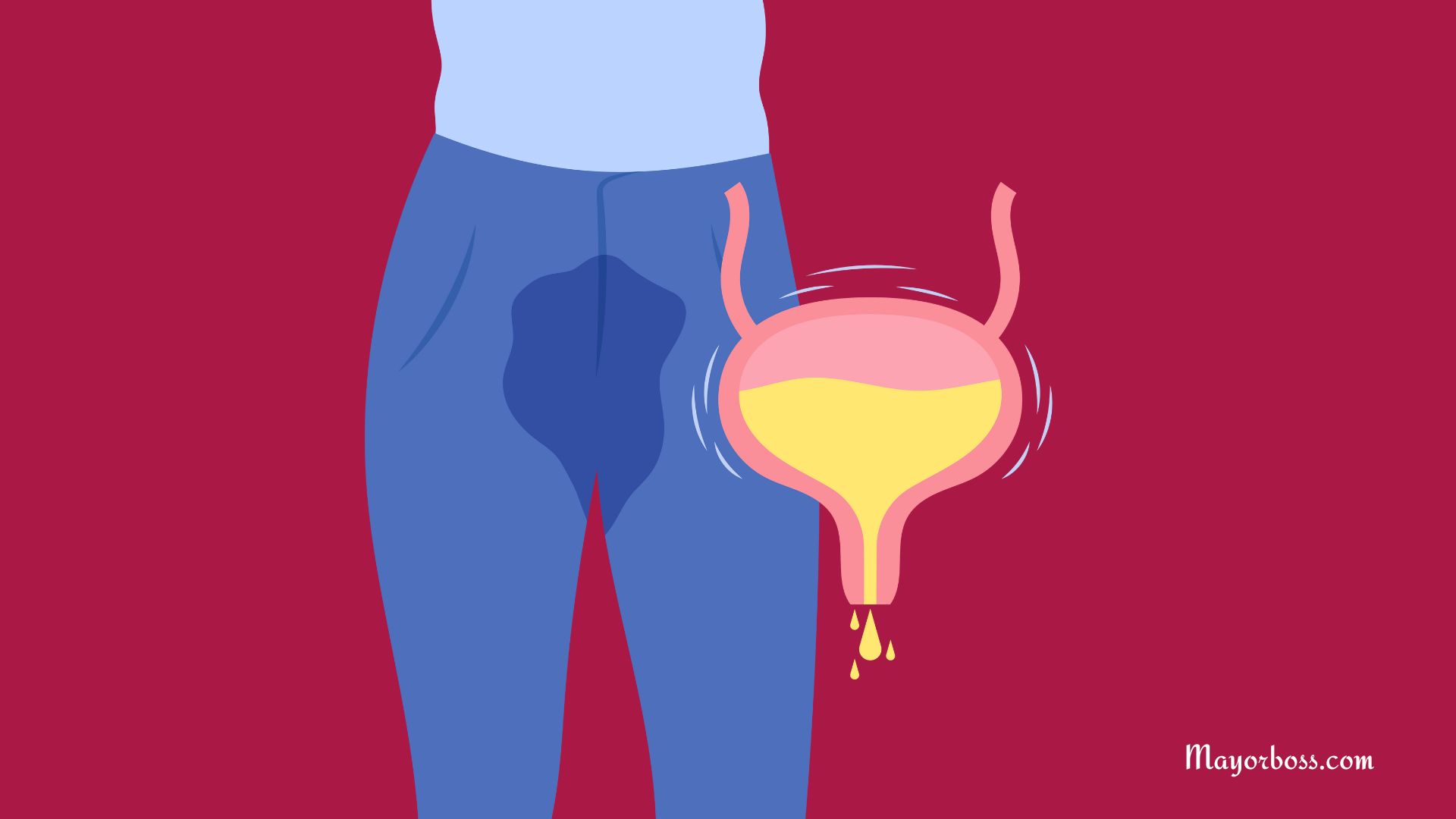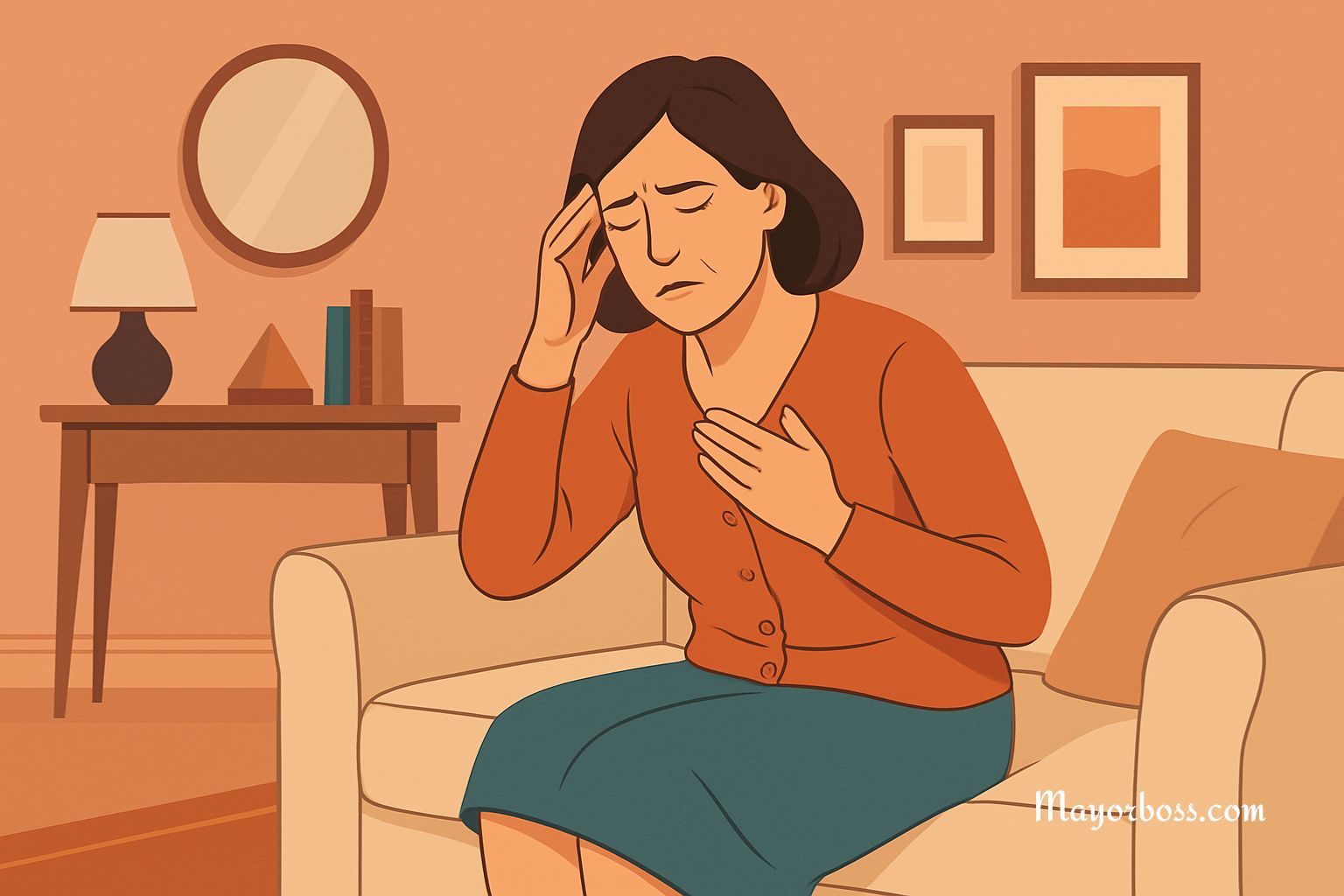What Causes Excessive Farts?
Experiencing excessive farting can be both uncomfortable and, at times, embarrassing. But why does this happen? Let’s break down the possible reasons and explore ways to manage this common issue.

What Leads to Excessive Farting?
Several factors can contribute to an increase in flatulence:
- Dietary Choices: Foods rich in fiber, like beans, lentils, and whole grains, can increase gas production. Additionally, certain vegetables (broccoli, cauliflower) and fruits (apples, pears) are known to cause gas.
- Food Intolerances: If you’re intolerant to certain foods like lactose (found in dairy products) or gluten (present in wheat, barley, and rye), they can lead to excessive gas.
- Swallowed Air: You might be swallowing more air than usual if you eat quickly, chew gum, or drink carbonated beverages, leading to more farting.
- Digestive Disorders: Conditions like irritable bowel syndrome (IBS), inflammatory bowel disease (IBD), and gastroesophageal reflux disease (GERD) can cause excessive farting.
- Artificial Sweeteners: Products containing sorbitol, mannitol, or xylitol, often found in sugar-free gum and candies, can increase gas production.
- Imbalance of Gut Bacteria: The balance of bacteria in your gut can influence gas production. An imbalance, often due to antibiotics or diet changes, can lead to more farting.
Managing Excessive Farting
Here are some strategies to help you manage this issue:
- Adjust Your Diet: Keep a food diary to identify and limit foods that increase your gas production. Incorporating a balanced diet with moderate fiber can help.
- Eat and Drink Slowly: By eating more slowly and avoiding carbonated drinks, you can reduce the amount of air you swallow.
- Probiotics: These can help balance your gut bacteria, potentially reducing gas production.
- Over-the-Counter Remedies: Products like simethicone can help reduce gas and are available over the counter.
- Exercise Regularly: Regular physical activity can help improve digestion and reduce gas.
- Stay Hydrated: Drinking plenty of water can aid digestion and reduce bloating.
- Consult a Healthcare Professional: If you suspect a food intolerance or a digestive disorder, it’s important to consult a healthcare provider for proper diagnosis and treatment.
Frequently Asked Questions
Is excessive farting a sign of a serious health issue?
Not usually. While it can be a symptom of digestive disorders, in most cases, it’s related to diet or lifestyle factors. However, if you’re concerned, it’s always best to consult a healthcare professional.
Can stress contribute to excessive farting?
Yes, stress can impact your digestive system and may lead to an increase in gas production. Managing stress through techniques like meditation, yoga, or therapy can help.
Are there any long-term consequences of excessive farting?
Excessive farting itself is usually harmless. However, if it’s due to an underlying health condition, like a digestive disorder, not addressing the root cause can lead to longer-term issues.
Remember, while excessive farting can be a source of discomfort or embarrassment, it’s often manageable through dietary changes and lifestyle adjustments. If you have concerns or persistent symptoms, seeking medical advice is always a wise decision.






